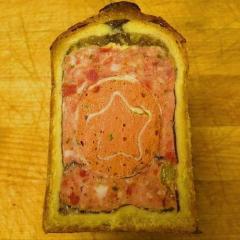-
Welcome to the eG Forums, a service of the eGullet Society for Culinary Arts & Letters. The Society is a 501(c)3 not-for-profit organization dedicated to the advancement of the culinary arts. These advertising-free forums are provided free of charge through donations from Society members. Anyone may read the forums, but to post you must create a free account.
-
Similar Content
-
- 391 replies
- 90,302 views
-
- 140 replies
- 26,256 views
-
- 258 replies
- 57,337 views
-
- 1,656 replies
- 210,067 views
-
- 4 replies
- 754 views
-
-
Recently Browsing 0 members
- No registered users viewing this page.





Recommended Posts